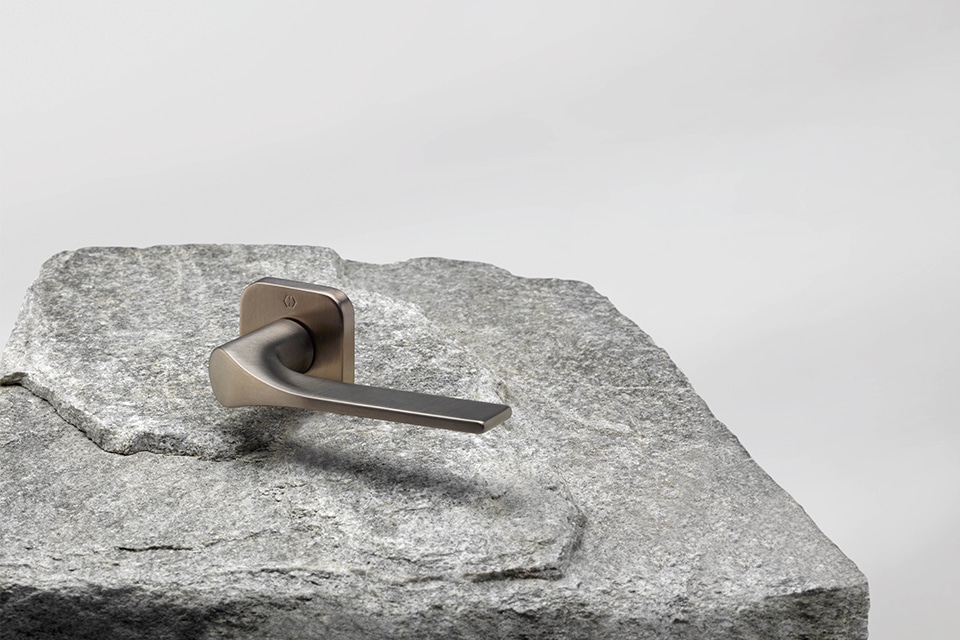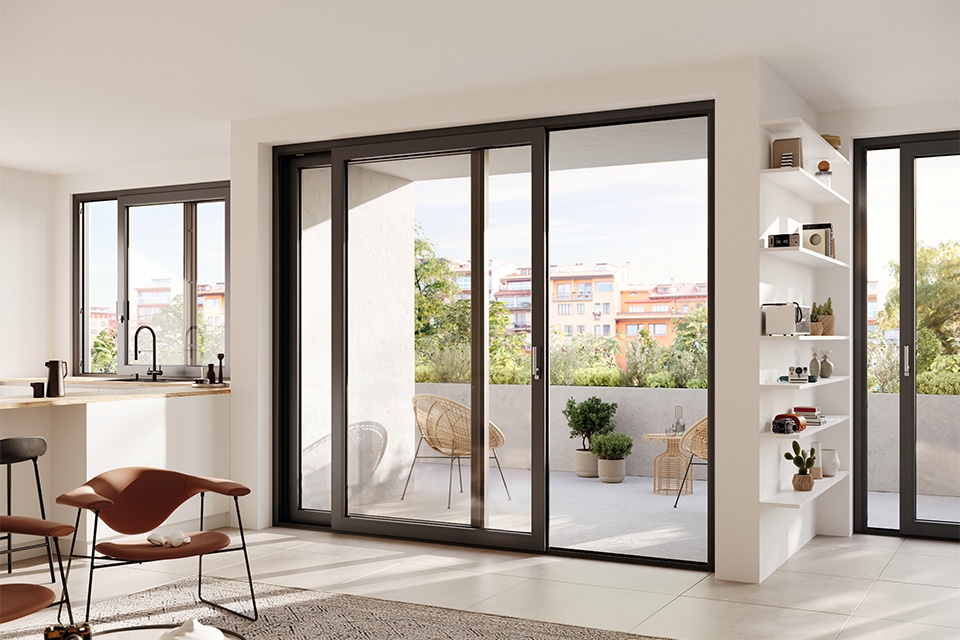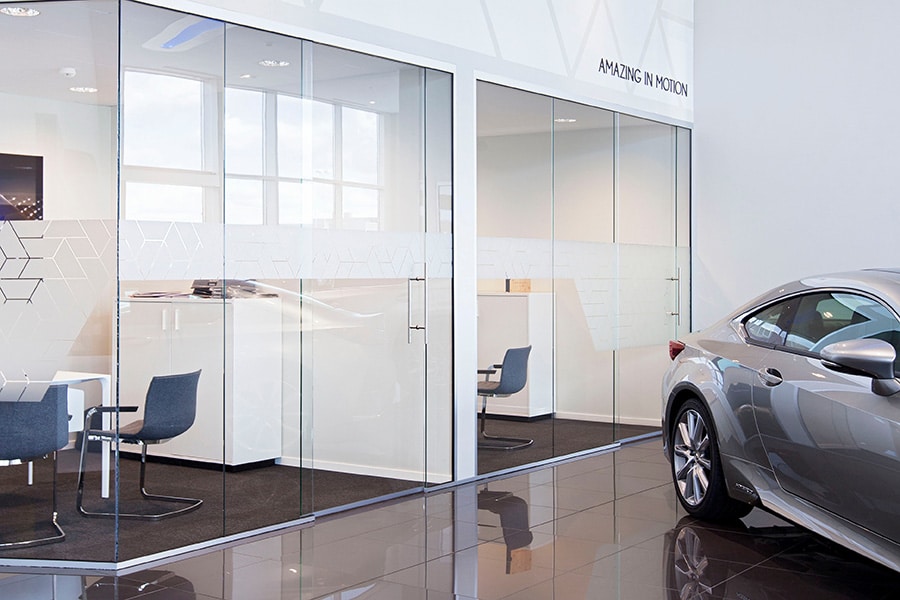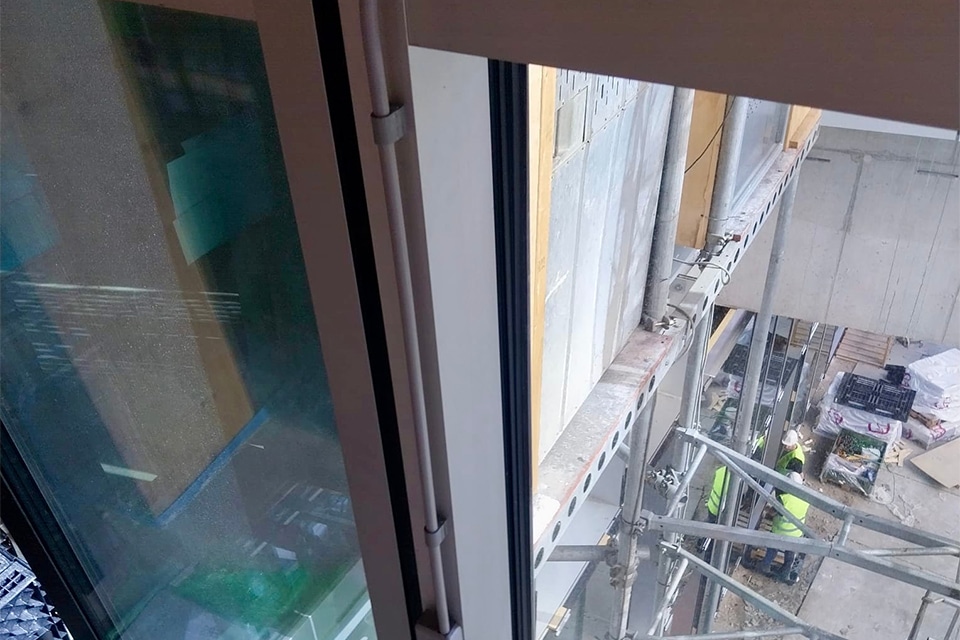
PVC can be recycled eight times without loss of quality
Old PVC windows and doors form raw material for new profiles
Sustainability, recycling, circularity - it is impossible to imagine our society without these three terms. For years, Deceuninck has been investing in the recycling of PVC from old windows, doors, cladding and shutters as a raw material for the production of new window and door profiles. The company built a high-tech recycling plant in Diksmuide for this purpose. In 2017, that accounted for 8,000 tons of recycled material, but by the end of 2023, that capacity will quadruple to 40,000 tons per year.
A plastic window can easily serve 35 years without severe signs of aging and with minimal maintenance. That window can also be recycled 8 times without loss of quality, even at least 10 times without losing its mechanical properties.

Therefore, Deceuninck continues to invest heavily in the further expansion of the recycling plant in Diksmuide. "The use of recycled material in new window and door profiles is an important condition for our R&D department. Today, a standard profile from the Elegant series consists of 15 to 30 % of recycled plastic, the Phoenix version even the full 100 %. There are also several reasons to invest in recycling from an ecological point of view. First, it keeps 2.3 million windows from ending up in landfills or incinerators every year. In addition, compared to the production of new material, a recycling process consumes 90 % less energy and reduces CO2-emissions are therefore also significantly lower," says CEO Bruno Humblet.
"At Deceuninck, we have been committed to recycling old PVC windows, doors, cladding and shutters for years. Last year we approached the milestone of 20,000 tons of recycled material. By the end of 2023, we want to bring this recycling capacity to 40,000 tons. To achieve this, we are investing in the optimization of production processes. In the past 5 years, an additional warehouse has already been built and the number of granulation lines has been doubled from 3 to 6. Moreover, from the end of 2023, all granulation lines will be brought together in one new hall."

A closed loop
The recycling process starts with the collection of old windows, doors, cladding and shutters in PVC at home and abroad. For this purpose, Deceuninck today has, for example, 9 collection points in Belgium and this number will be further expanded. Scrap PVC elements are also recovered from construction sites. New is the GoBag, a yellow bag into which broken joinery in PVC, wood or aluminium with or without glass can be put. After being filled, it is collected by Deceuninck.
"A lot of the material coming in has already been pre-sorted. This obviously does not apply to the contents of the GoBags, where we still have to do the sorting work ourselves. The rest of the recycling process is largely automated. In the first stage, the profiles are rushed through a shredder, breaking them up. PVC and iron are separated here. Then the particles are made even smaller, washed and dried. Thus, metal, glass and sand are removed. After this step, the remaining substance consists of 95 % PVC and 5 % debris," CEO explains the operation.
"Finally, white and colored PVC parts are separated and the smallest dirt particles are also removed. After granulation, we get finely pure PVC granules, which are stored in large silos and delivered on demand from our production facilities."
Focus on sustainability and climate
Every day 10 trucks arrive in Diksmuide with lap and per shift the team processes about 35 tons of material. Naturally, throughout this process, a great deal of attention is also paid to quality control. After all, Deceuninck always wants to offer its partners high-quality profiles, even if they are partially or completely produced with recycled material.
"The motto within this recycling plant is 'recycling for a sustainable world.' After all, sustainability and climate are very important factors for us. Thus, as a recycling company, we were awarded EuCertPlast certification and received the VinylPlus product label for our sustainable overall policy and sustainable processes and products," Bruno Humblet concludes.
"Recently, the Science Based Targets initiative (SBTi) approved our ambitious climate plan. This confirms that we continue to take the right actions to minimize ecological impact. Our commitment goes far. We want to reduce absolute greenhouse gas emissions from scope 1 (direct emissions) and scope 2 (energy purchases) by 60 % by 2030 compared to baseline year 2021. We then want to reduce emissions through the value chain (scope 3) by 51.6 % per ton of production."
Heeft u vragen over dit artikel, project of product?
Neem dan rechtstreeks contact op met Deceuninck.
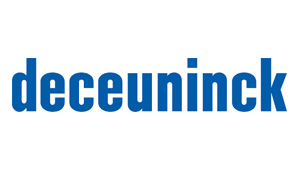 Contact opnemen
Contact opnemen
